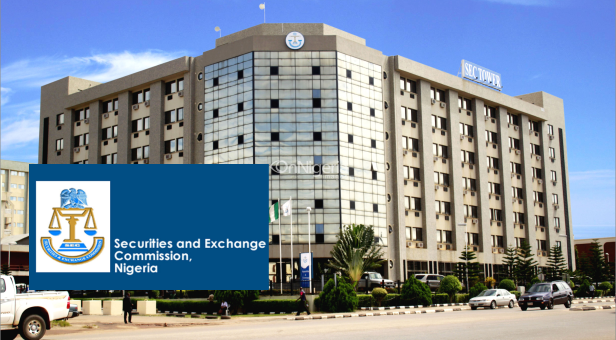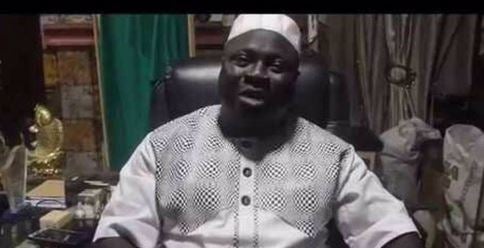The Securities and Exchange Commission (SEC), has alerted the investing public that a firm known as Poyoyo Investment (Pilvest) Nigeria Limited is a Ponzi scheme, a front to defraud unsuspecting investors.
In a circular at the weekend, SEC stated that its attention had been drawn to the electronic and WhatsApp messages being circulated to investors on behalf of Pilvest.
According to the Commission, the electronic message indicates a proposal to investors to invest in guaranteed investment plans of either a minimum capital of N100,000 being invested for a period of one month with a returns on investment (ROI) yield of 20 per cent or a minimum capital of N300,000 being invested for a period of three months with a monthly ROI yield of 23 per cent monthly “and total ROI yield is 69 per cent” or a minimum capital of N500,000 being invested for a period of six months with “a ROI yield of 25 per cent monthly and total ROI yield is 150 per cent” or a minimum capital of N1 million being invested for a period of one year with a “ROI yield of 30 per cent monthly and total ROI yield is 360 per cent.
“Besides the obvious errors in the returns calculations above, preliminary investigation has revealed that Poyoyo Investment (PILVEST) Nigeria Limited is purely a Ponzi scheme as it is a non-sustainable business model that involves the collection of money from unsuspecting investors with a promise of high return without any underlying assets.
“The Commission hereby notifies the investing public that Poyoyo Investment (PILVEST) Nigeria Limited have no tangible business model; hence it is a Ponzi scheme where returns are paid from other people’s invested sum. Also, its operation is not registered by the Commission.
“In view of the above, the general public is hereby warned that any person dealing with the named company in any capital market related business is doing so at his/her own risk,” SEC stated




